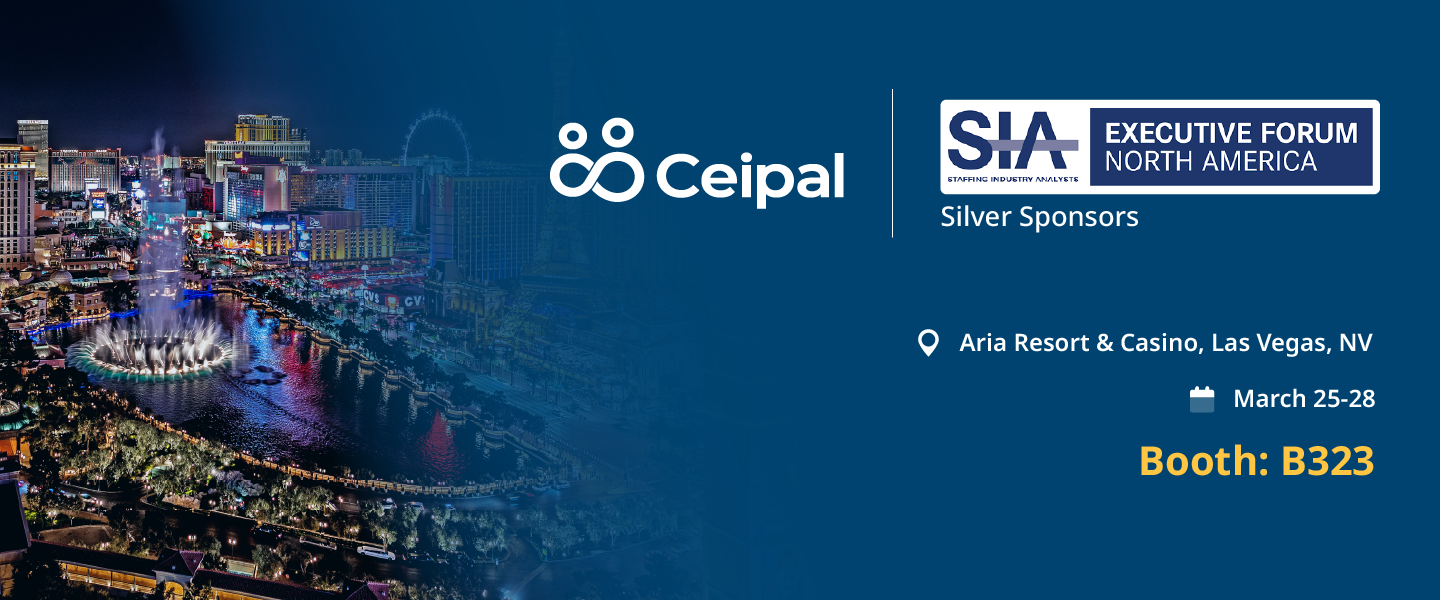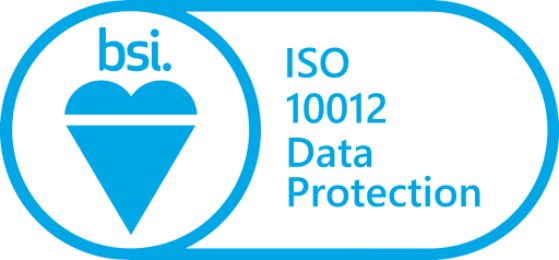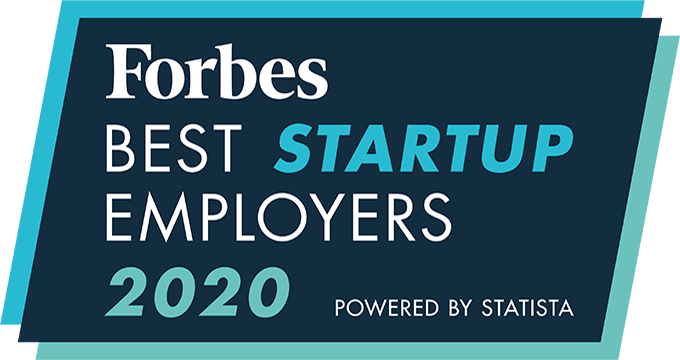Diversity can be defined in numerous ways, yet, it is primarily defined as the inclusion of different people and/or things in a collective group or whole. It also means different opinions and ideas. Diversity is about embracing differences in and of all types.
The whole point of having a diverse workplace is to prevent a “group-think” mentality. People with different ideologies, personalities, and experiences should be able to innovate, solve problems, and ultimately succeed. There’s no point if different people with different opinions and ideas all think the same.
Howard Gardner, Harvard’s Professor of Cognition and Education, put together the Five Minds for the Future in order to outline the cognitive abilities that will be encompassed by leaders in the years ahead. His work directly applies to how diversity might be defined at work, and the types of thinkers you need to build a successful organization.
Disciplined Mind
A master of history, math, science, law, medicine, management, or anything else you can think of. A genius accountant, lawyer, engineer, or graphic designer. These people, ones who excel exponentially in a certain skill to the point that they have reached the pinnacle of it, are the disciplined minds of the organization.
The disciplined mind draws direct correlations with specialized talent, and these people are incredibly important for your organization. They possess a real dedication to a single craft, to which they apply themselves every day in order to continuously improve and develop it. However, be aware that these minds should not be so focused that they see the whole world through this schema, for doing so would be hyper-focused and impractical. A real disciplined mind is able to take a problem and solve it, analyze the toughest problem in their field, and still be able to see the big picture of how their skills fit into the organization.
Integrating Mind
This is one of the most important minds you need at work. The integrator has a mind suited to adapting and improving. This means someone with an evaluative mind who is able to take information, process it, and disseminate it in a way that makes sense for everyone.
Often, integrating minds are most suited, but not limited, to being a manager or anyone leading your business development. This type of person is integral at work and is someone who must decide what merits your business’s attention, and what to ignore. In many ways, these minds are the ones steering the ship.
Creative Mind
The creative mind breaks new ground for your business. They put forth new, innovative ideas and offer new ways of thinking that drive the creative output of your business. It’s often said that this mind is the holy grail of the workplace.
It would be an understatement to say this is a valuable asset to your business. If you hired a workplace full of disciplined minds, you won’t develop and adapt as a business. You’ll find yourself stuck in your old ways for eternity.
Creative minds have the ability to change the world, starting with your business then and there. While these people should not innovate unchecked, creative minds are invaluable to moving forward and progression.
Social Mind
The social mind has an in-grained sociability learned from their parents, friends, and their school system. A social mind is often someone who was exposed to various cultures at an early age. This person is the glue that holds the workplace together and allows everyone to work effectively with each other internally and externally.
For example, you might use these social minds to meet with clients and increase your reach worldwide, as you know this person has a respectful mindset and the understanding to effectively interact and communicate with all kinds of people.
Ethical Mind
The ethical minds are the unselfish ones. Different from the social-minded, the ethical mind is the impartial spectator of the team.
The ethical one always has the community in mind. Most people wouldn’t say a thing if they saw a manager doing something wrong or unjust because they would be concerned with the security of their job, right? Well, this type of person makes sure that the manager pays for the consequences. He or she acts ethically regardless of their relationship with a person. You need this person to keep your business in a healthy, balanced, and fair state.
It’s important to note that these mindsets can stem into any kind of role. You might find an accountant who has a creative mind or a community manager who has an ethical mind. The type of mindset does not directly apply to any specific type of role; the same way diversity does not only apply to skin colors.
How we develop mentally has a lot to do with the experiences and cultures we were raised in. If you look for people with different mindsets, you will naturally find candidates of different cultures, and vice versa.











